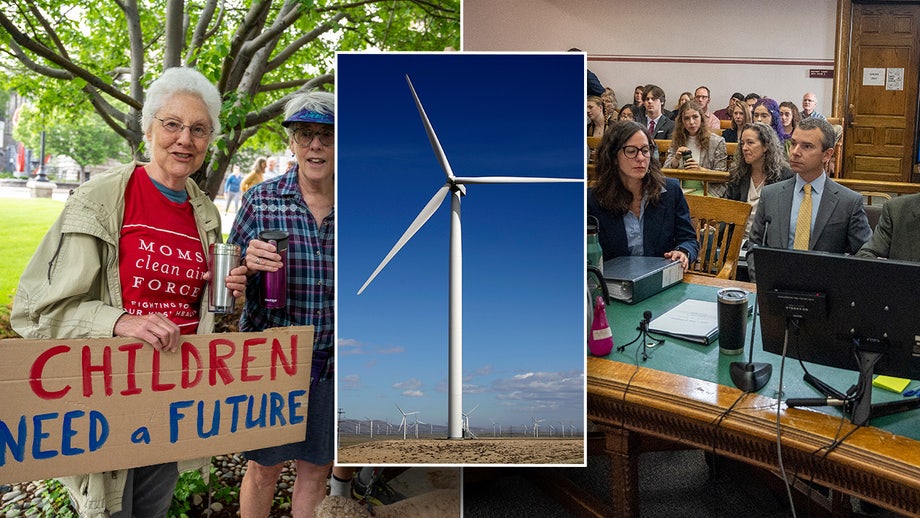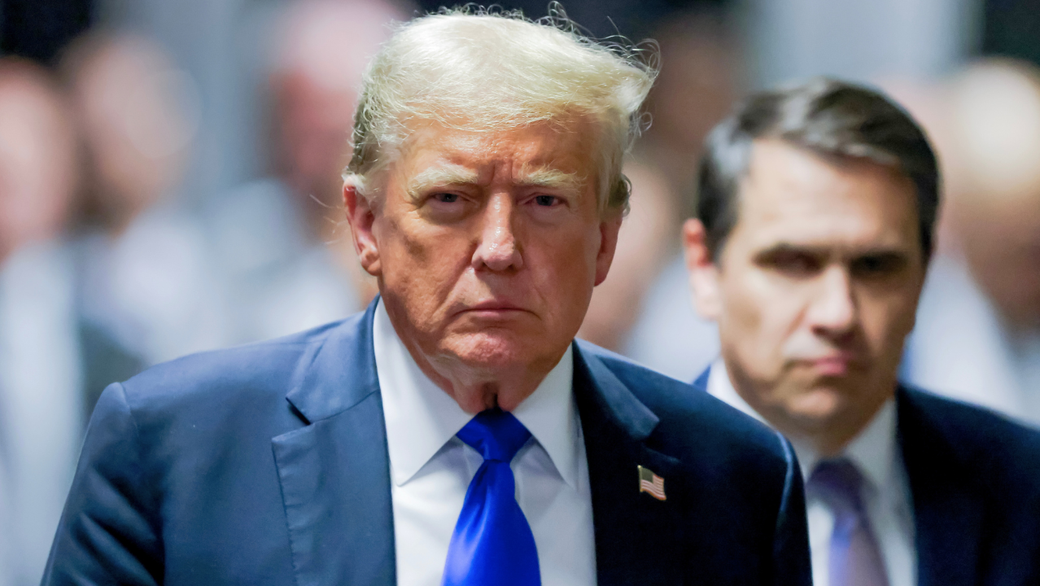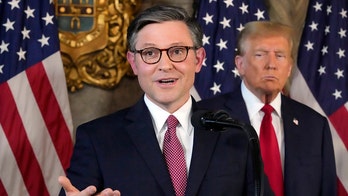Former Trump NSC official, Richard Goldberg, analyzes the successes and setbacks of the previous administration's foreign policy, offering insights into what a second term might bring.
The impending prospect of a second Trump presidency has ignited both anticipation and apprehension, as supporters and detractors speculate on the implications it would hold for American foreign policy. For those who supported Trump's first-term approach, a continuation of his policies holds the promise of stability and strength. However, critics remain concerned that his policies could exacerbate America's isolation on the global stage.
Richard Goldberg, a former senior adviser to the Trump administration's National Security Council (NSC), believes that a second Trump term would prioritize "peace through strength" and restore deterrence capabilities. He emphasizes the need to invest in military modernization and leverage AI and space technologies to counter the growing threat posed by China.

Trump's Foreign Policy: A Second Term's Potential
Trump's foreign policy record has been a subject of ongoing debate. Critics argue that his "America First" approach has damaged relationships with key allies. Joel Rubin, a former State Department official, contends that isolationism was a defining characteristic of Trump's foreign policy, emphasizing America's unilateral actions over multilateral alliances.
Goldberg challenges this assessment, claiming that Trump's rhetoric has been misinterpreted as isolationist. He points to Trump's willingness to use force against Iran, as evidenced by the killing of Qassem Soleimani, as a demonstration of his commitment to American defense.

Trump's Foreign Policy: A Second Term's Potential
While Goldberg acknowledges Trump's populist rhetoric, he believes it does not equate to isolationism. Instead, he argues that Trump's policies were guided by conservative principles of peace through strength and a willingness to use force when necessary.
Rubin expresses concern that Trump's hardline stance on NATO's defense spending obligations has weakened the alliance at a critical time when unity is paramount in the face of Russia's aggression in Ukraine. He attributes the withdrawal from Afghanistan, initially brokered by Trump and upheld by Biden, to America's weakened position.

Trump's Foreign Policy: A Second Term's Potential
European leaders remain wary of Trump's potential return, particularly in light of his isolationist tendencies. Jens Spahn, a German lawmaker, emphasizes the importance of avoiding the mistakes made during Trump's previous presidency, when European delegations struggled to establish meaningful connections with his administration.
However, Rubin acknowledges some positive contributions made by Trump's administration, such as the Abraham Accords and his handling of North Korea. He commends Trump for engaging with North Korean leader Kim Jong-un, despite the lack of significant progress on the nuclear program.

Trump's Foreign Policy: A Second Term's Potential
Goldberg highlights the stability achieved during the majority of Trump's pre-pandemic administration, including the deterrence of Russian aggression in Eastern Europe and the financial constraints imposed on Iran. He credits Trump's "maximum pressure" campaign as a successful strategy in curbing Iran's nuclear ambitions.
Goldberg acknowledges that Trump's early presidency was marked by a transition period, resulting in a delayed implementation of some effective policies. However, he believes Trump's unconventional approach has the potential to yield positive outcomes.

Trump's Foreign Policy: A Second Term's Potential
As the possibility of a second Trump presidency becomes increasingly tangible, the debate over his foreign policy legacy will undoubtedly intensify. Goldberg's perspective offers valuable insights into the potential implications of another Trump term, while Rubin's analysis emphasizes the concerns and challenges that would need to be addressed.











